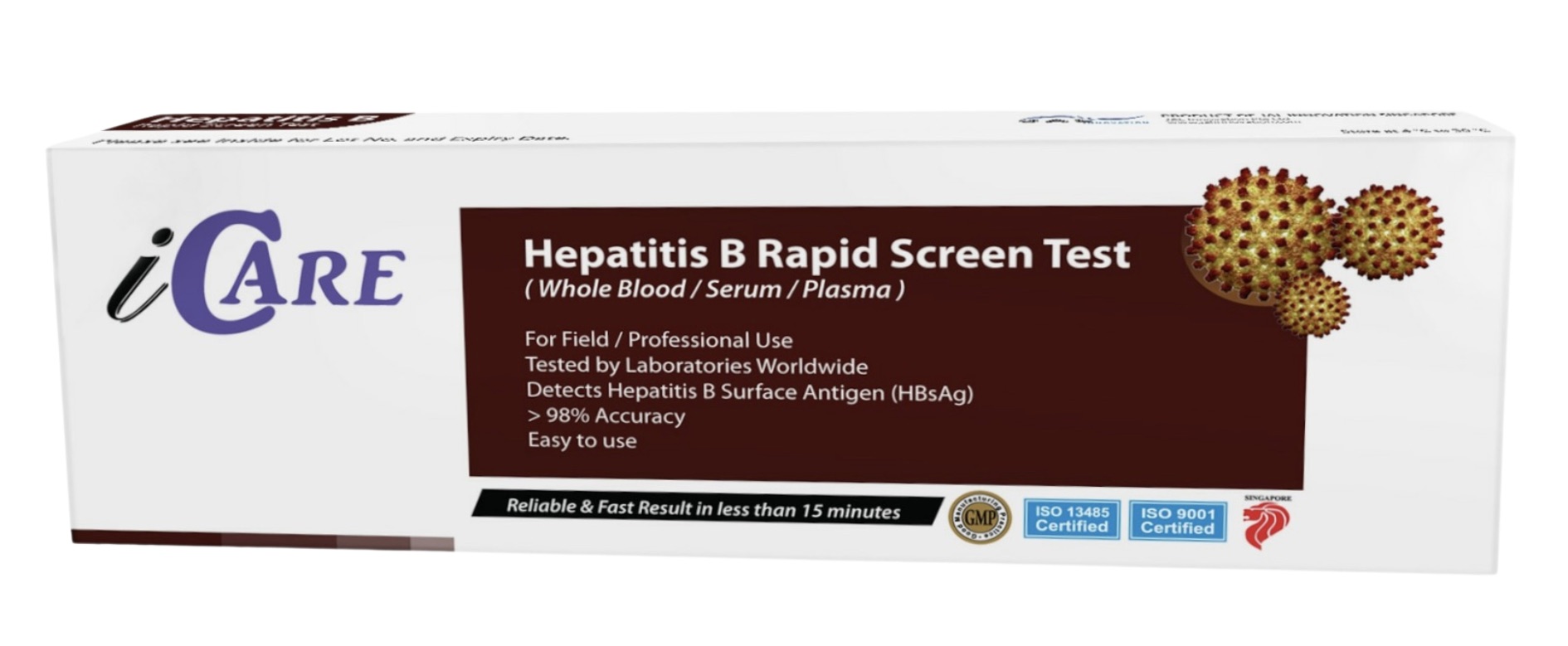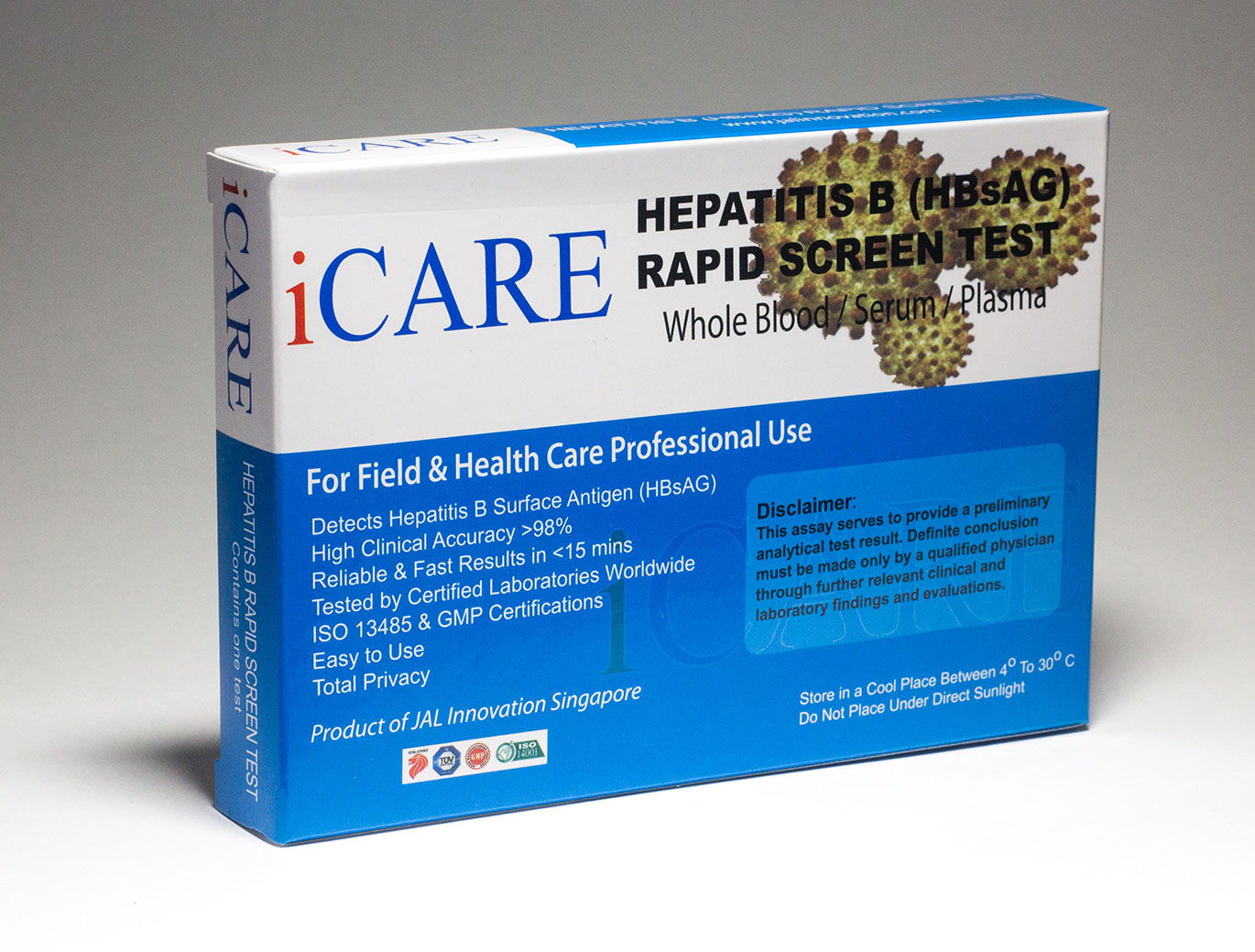In Southern Africa, including countries like South Africa, Angola, Mozambique, Madagascar, Malawi, Zambia, Zimbabwe, Namibia, Botswana, Eswatini, and Lesotho, Hepatitis B remains a significant public health concern. The iCare Hepatitis B Rapid Test Kit plays a vital role in the region’s efforts to combat this infectious disease. Hepatitis B, caused by the Hepatitis B virus (HBV), is primarily transmitted through infected blood and bodily fluids, including sexual contact, sharing of injection needles, and from mother to child during childbirth.
South Africa
In South Africa, where Hepatitis B prevalence is relatively high, the distribution of Hepatitis B rapid test kits is essential for early detection and treatment. The Ministry of Health collaborates with healthcare providers and non-governmental organizations to ensure widespread access to testing facilities and raise awareness about the importance of screening.
Angola
Angola faces challenges in combating Hepatitis B due to limited healthcare infrastructure in remote areas. However, concerted efforts are being made to distribute Hepatitis B test kits to healthcare facilities across the country. Community health workers play a crucial role in conducting screenings and educating the population about preventive measures.
Mozambique
Mozambique is working towards integrating Hepatitis B testing into routine healthcare services, especially for pregnant women and high-risk populations. Mobile clinics and outreach programs are deployed to reach underserved communities and provide testing services along with counseling and treatment referrals.
Madagascar
In Madagascar, where access to healthcare services is limited in rural areas, initiatives are underway to train healthcare workers in administering Hepatitis B tests. The government collaborates with international organizations to procure test kits and strengthen laboratory capacities for accurate diagnosis and surveillance.
Malawi
Malawi emphasizes the importance of early diagnosis and treatment of Hepatitis B infections. The Ministry of Health partners with local organizations to conduct mass screenings using rapid test kits in schools, workplaces, and communities. Health education campaigns aim to reduce stigma and promote testing uptake.

Zambia
Zambia adopts a multi-sectoral approach to address Hepatitis B, integrating testing services into maternal and child health programs. Hepatitis B rapid test kits are distributed to antenatal clinics and healthcare facilities, enabling early identification of infected mothers and provision of preventive measures to newborns.
Zimbabwe
Zimbabwe recognizes the need for comprehensive Hepatitis B control strategies, including widespread testing and vaccination. The government invests in training healthcare professionals in administering rapid tests and interpreting results accurately. Community engagement programs raise awareness and promote testing as part of routine health check-ups.
Namibia
In Namibia, efforts are focused on expanding access to Hepatitis B testing services in urban and rural areas. Mobile clinics and community health workers play a crucial role in conducting screenings and providing counseling on prevention and treatment. Collaboration with neighboring countries enhances regional surveillance and response efforts.
Botswana
Botswana prioritizes Hepatitis B testing as part of its national healthcare agenda. Rapid test kits are available in primary healthcare facilities and outreach programs targeting vulnerable populations. Strong partnerships with civil society organizations strengthen advocacy and awareness campaigns.

Eswatini (Swaziland)
Eswatini recognizes Hepatitis B as a public health priority and integrates testing services into primary healthcare settings. The Ministry of Health conducts regular screening campaigns and provides treatment to infected individuals. Collaboration with international partners ensures a sustainable supply of test kits and capacity-building initiatives.
Lesotho
Lesotho emphasizes the importance of early diagnosis and treatment of Hepatitis B to prevent complications and reduce transmission. The government invests in training healthcare workers in remote areas to conduct rapid tests and provide counseling. Community-based organizations support awareness-raising activities and advocate for increased testing uptake.
In conclusion, Hepatitis B rapid test kits play a crucial role in Southern Africa’s efforts to combat the spread of this infectious disease. Through collaborative efforts between governments, healthcare providers, and community stakeholders, widespread testing and early detection are prioritized, leading to improved health outcomes and reduced transmission rates.
FAQ: Hepatitis B Rapid Test Kit
Are Hepatitis B rapid test kits accurate?
- Yes, Hepatitis B rapid test kits undergo rigorous quality control measures to ensure accuracy in detecting HBsAg, the surface antigen of the Hepatitis B virus.
Can Hepatitis B be cured?
- While there is no cure for Hepatitis B, antiviral medications can help manage the infection and reduce the risk of complications.
Who should get tested for Hepatitis B?
- Anyone at risk of Hepatitis B infection, including individuals with a history of unprotected sex, injection drug use, or exposure to infected blood or bodily fluids, should get tested.
How is Hepatitis B transmitted?
- Hepatitis B is primarily transmitted through contact with infected blood or bodily fluids, such as during unprotected sex, sharing of needles, or from mother to child during childbirth.

